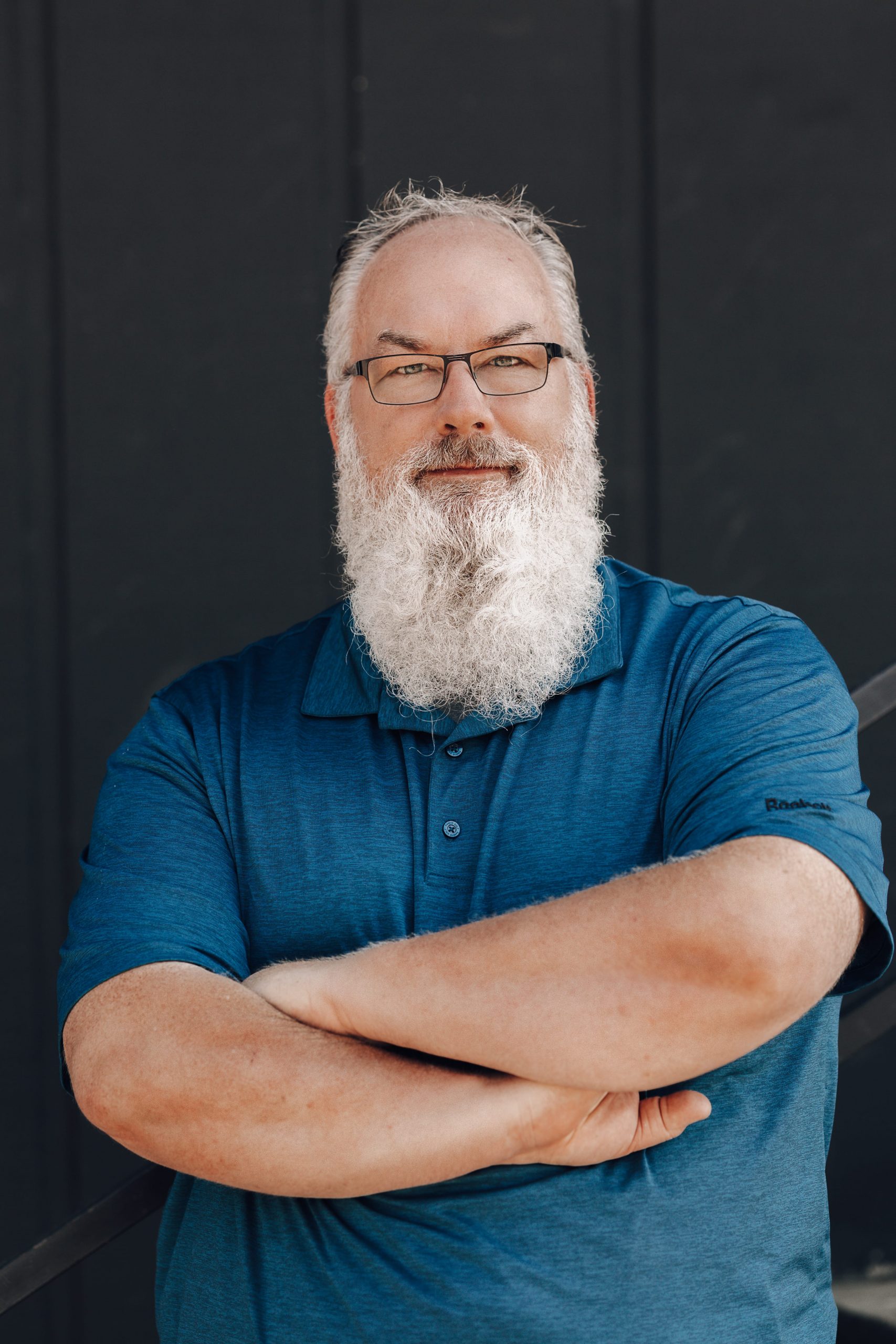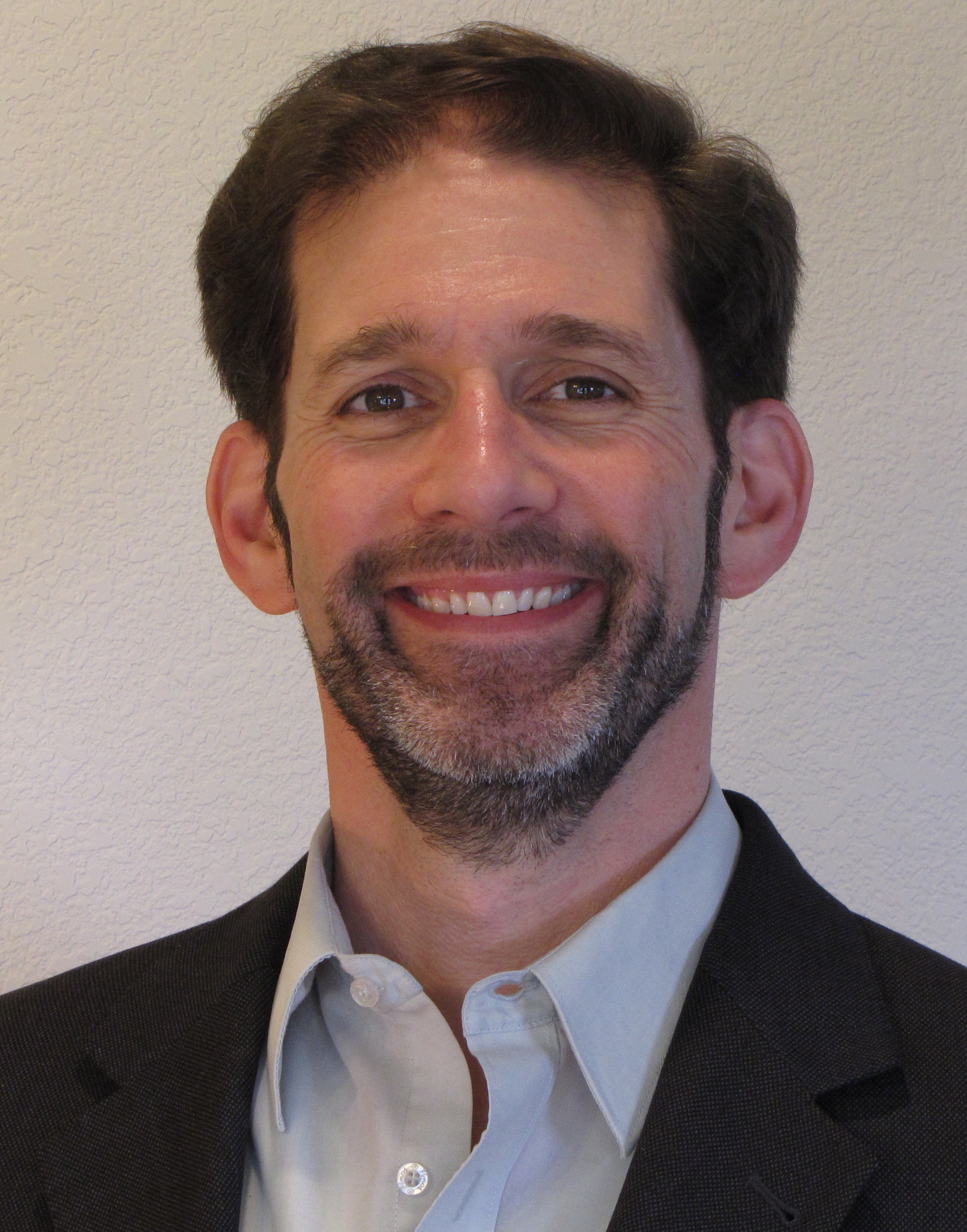Joel Makower tells us that, “I’m a journalist and entrepreneur focusing at the intersection of business, innovation, and society. I’m co-founder and chairman of Trellis Group, a media and events company that produces North America’s leading sustainable business events. I’m also the strategy director for the Music Sustainability Alliance, which works to align live music performance with environmental and social sustainability. I’m also the author of more than a dozen books about business and sustainability and speak regularly to business audiences around the world.”
Could you describe your initiative/startup’s purpose and vision and how it benefits its target audience?
I started writing about sustainable business in 1989, when almost no one was covering that topic. In 1991 I started a monthly subscription newsletter, The Green Business Letter, and later a website, GreenBiz.com. As the web grew, that site became a knowledge hub for companies and others seeking to understand how to align environmental responsibility with business success. It naturally led to events, where we found that business professionals were hungry for knowledge, and especially to learn from one another. Today, our Trellis Network brings together hundreds of companies and thousands of professionals to learn, share and be inspired about how to move their companies forward along the sustainability journey.
As far as entrepreneurship is concerned, your journey is quite inspiring. What are some of your most significant accomplishments and how did you achieve them?
To a large extent, success has a lot to do with persistence. In the 30+ years we’ve been on this journey, we’ve seen dozens of would-be competitors come and go, including some of the world’s largest media companies. We’ve outlasted them, partly because we are small — about 70 employees — and nimble, more so than the big media conglomerates.
But more than that, our success has to do with creating community. A company like ours can produce great events, but by nurturing the community that attends our events, we catalyze friendships, professional relationships and a sense of being part of something bigger than oneself. That’s one of our most significant achievements, and key to our success as a business.
Being an entrepreneur, what kind of response have you received from your users/consumers?
Our success is measured by our impact, which doesn’t necessarily have to do with the numbers of page views, event attendees or network members. We regularly hear from professionals how our events helped them in their careers and, in turn, helped their companies move further, faster to decarbonize, dematerialize and create new efficiencies that lead to lower environmental footprints. And especially for younger professionals, we know that we have helped accelerate their careers by giving them knowledge and helping them meet mentors and future employers. Those accolades are far better than any award or certificate.
In what ways has your life changed since you began your entrepreneurial journey?
I love what I do and who I get to do it with, but it’s all been part of a continuum of my career. Trellis Group is the third media and events company I’ve founded or co-founded, though this one has achieved far greater success than the others. To the extent my life has changed, it’s because of the deep friendships that have evolved from this amazing community of professionals.
Do you have anyone who is the biggest support system in your life? Please let us know.
I don’t have any great mentors. I’ve been inspired by dozens of others in this field. But I’ve tended to forge my own path, learning by doing or borrowing ideas from other sectors and applying them to the sustainability field.
What key pieces of advice/insights would you offer to aspiring entrepreneurs?
Be passionate about what you do. Everything follows from there. One question to ask yourself: If this organization was a nonprofit or charity, would I still do it? If the answer is “no,” that doesn’t necessarily mean you shouldn’t, but you should ask yourself what’s driving you to start this enterprise and be clear what success looks like for you.
Do you think ‘GENDER’ affects entrepreneurship? Your views.
When I was growing up, entrepreneurial women were rare. Today, it’s the norm. Sadly, however, women face many obstacles when starting and growing a business, from the “old boy’s network” that can be difficult to break into, to outright sexism among investors and others. But there are many terrific support networks for women entrepreneurs these days, where women can learn from their peers about what to do, and not do. And along the way, they become the role models and mentors for the next generation of girls and young women who want to follow in their footsteps. That’s encouraging, though it will take time before gender parity exists in the entrepreneurial world.
Get in touch with him.










